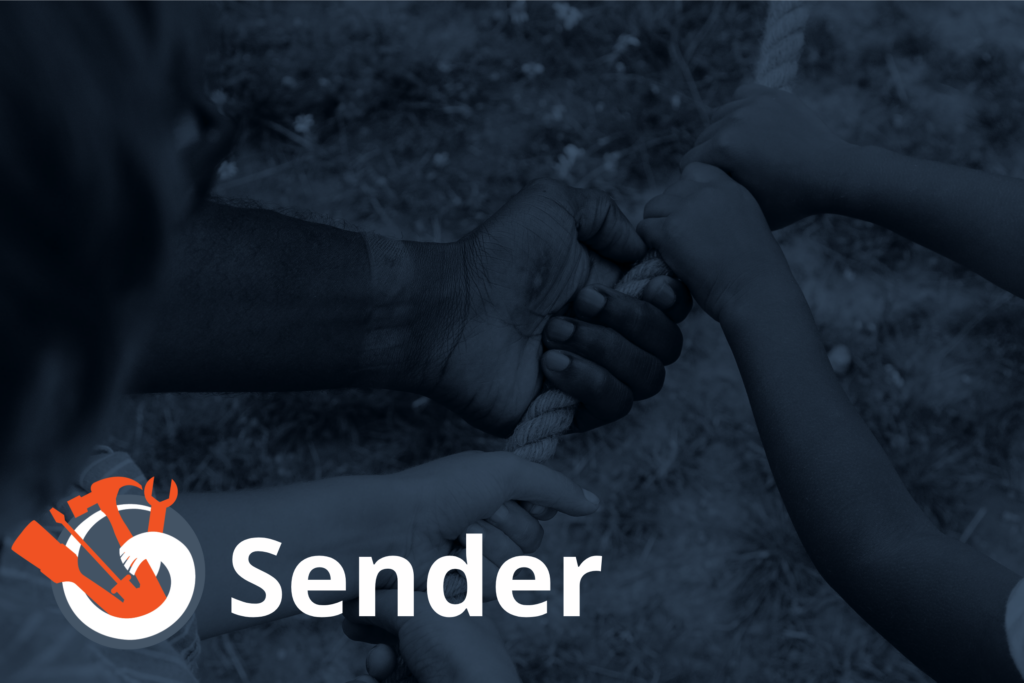A sender is one who partners in various ways with those who go. The basis of partnership is relationship. Paul, the missionary, was known and loved by many senders in local churches. He wrote to the church in Philippi out of a depth of relationship.
“Therefore, my brothers, whom I love and long for, my joy and crown, stand firm thus in the Lord, my beloved. I entreat Euodia and I entreat Syntyche to agree in the Lord. Yes, I ask you also, true companion, help these women, who have labored side by side with me in the gospel together with Clement and the rest of my fellow workers, whose names are in the book of life.” Philippians 4:1-3Paul knew his brothers and sisters in Philippi by name and spoke out of a personal experience of ministry, concern and friendship together.How can you get to know a missionary as you partner with them in the gospel?
- Read and pray for their prayer update emails and newsletters. When you open their newsletters, read every word. Consider printing out the newsletter if that will help you read and pray for them on a regular basis.
- Respond to their emails. Often missionaries don’t know if people are praying for them because they do not get many responses to their prayer updates. Send a short email to let them know how you are praying for them specifically.
The basis of partnership is relationship.
- Research their location and people. Pray for their country with a Prayercast video. Print off the unreached peoples groups in their location at Joshua Project.
- Recognize their communication limitations. In our modern internet age it is possible to meet with them for a video chat, but be sensitive to limitations. You do not want to take them from their language and ministry focus locally and it may be difficult to find a convenient time to talk as they live in a different time zone. There also may be security concerns as they may serve in a creative access nation. Here are some guidelines for wise communication with missionaries serving in creative access nations (CAN).
- Remember to listen and ask good questions. Make a point to host them when they return for home assignment. Give them an opportunity to freely share about their time; the good, bad and ugly. Ask follow-up questions about their day-to-day life, culture and language learning, and stories of relationships and ministry. Also make a point to ask about the people to whom they are bringing the gospel. Some examples are: How would you describe your friends? What are bridges and barriers to the gospel among those you are trying to reach? How do they receive the gospel as good news? How can I pray for you and mobilize others to pray?






